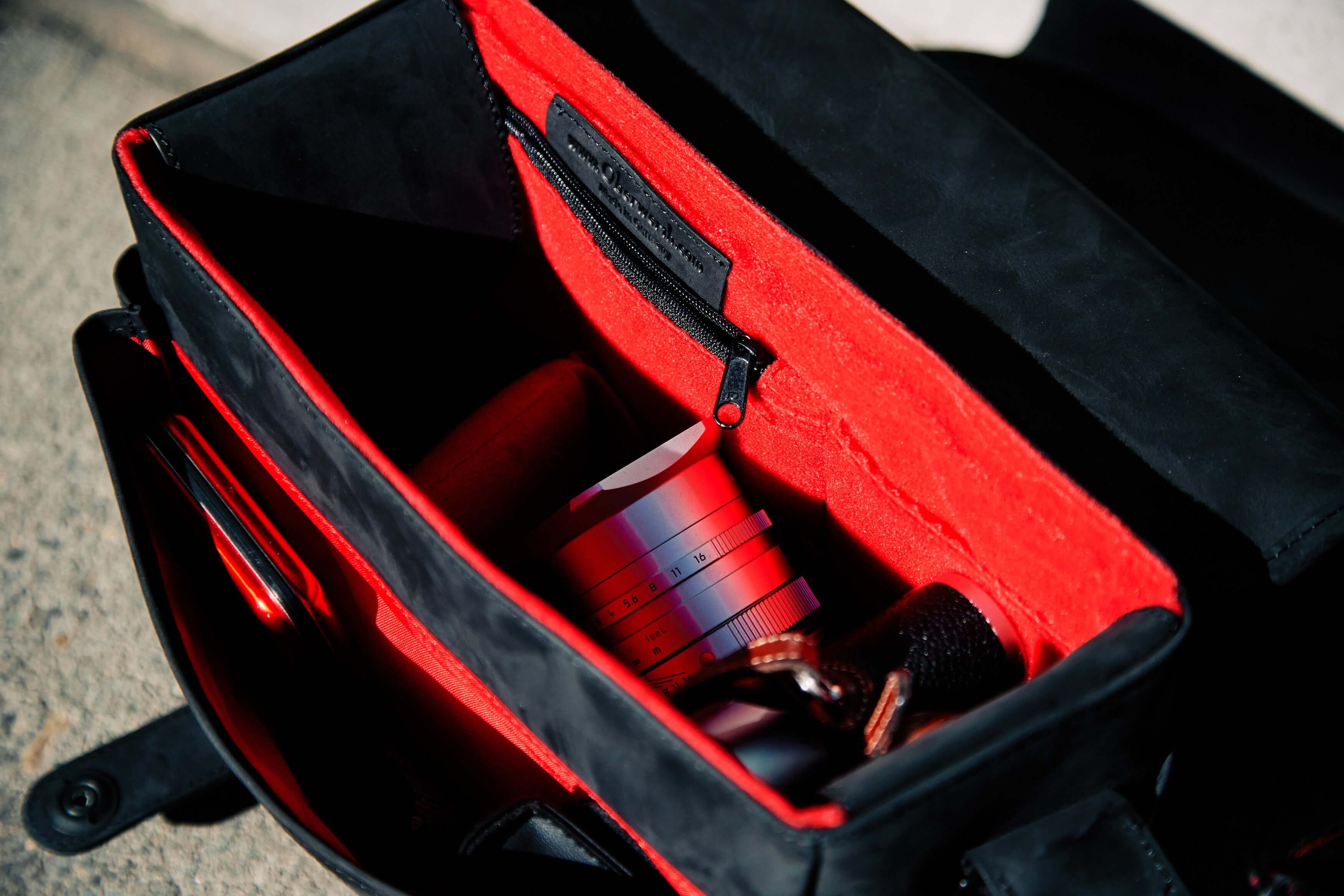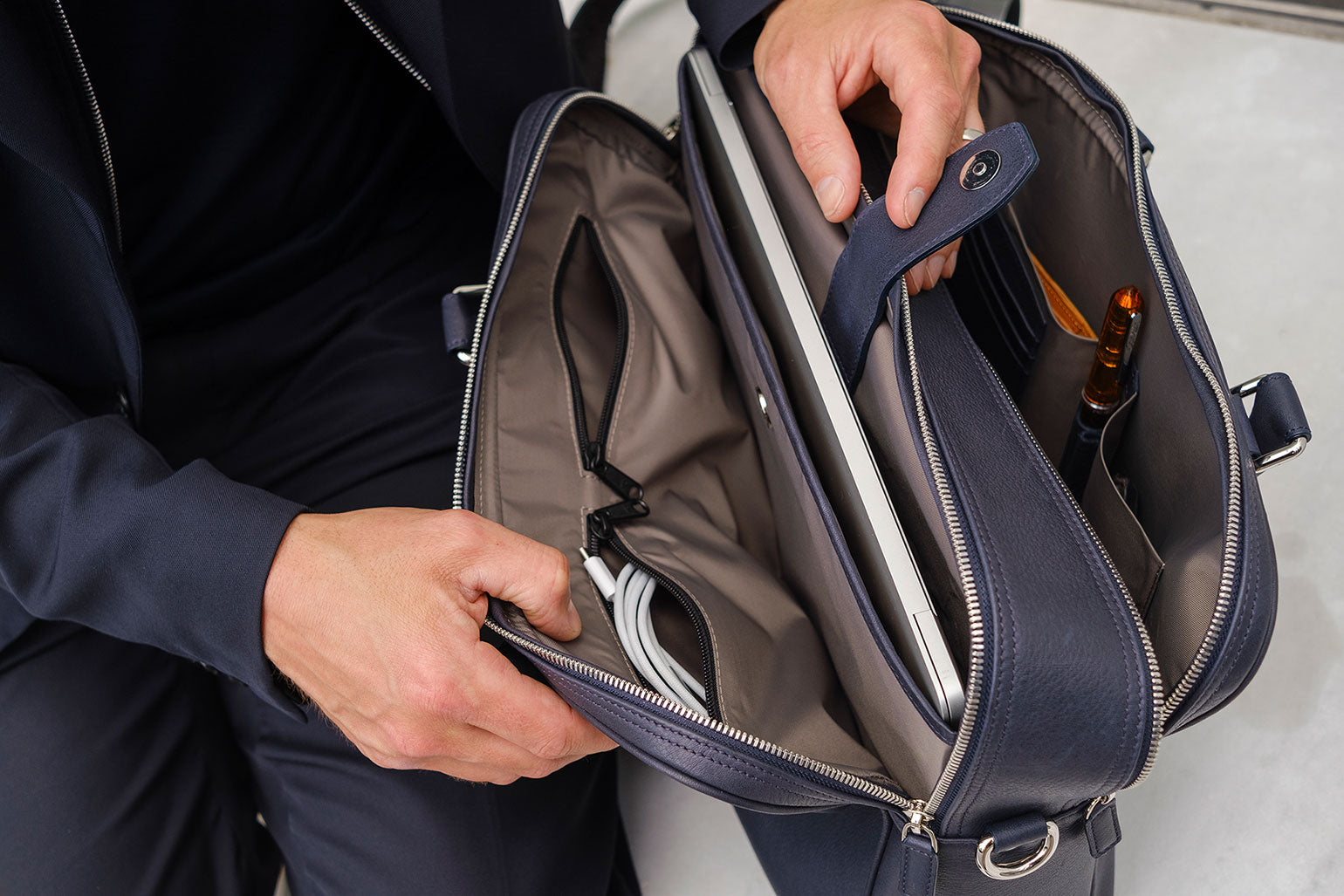
Cultural awareness on global business trips: Mastering etiquette and building relationships
Anyone who has ever traveled internationally on business will have experienced first-hand how even the smallest details can become a challenge, how big an impact misunderstandings can have and how difficult it can be to hide your own irritation at cultural differences. For this reason, it is extremely important to familiarize yourself with the local cultural customs before embarking on a business trip to another culture. Fortunately, there are some generally accepted rules of business communication that you will certainly already have mastered and with which you can also score points internationally. We will also take a closer look at some of the stumbling blocks in intercultural encounters.
Relationship is the be-all and end-all
There is a lot to prepare and think through before an international business trip. Nevertheless, you should definitely take the time to set yourself precise goals for the professional meeting on site. In addition to all the specific things that need to be discussed and accomplished on a business trip, such an undertaking is also fundamentally about the extremely important relationship building between you and your business partners. A good relationship and clear, efficient communication are often just as important a result of such a trip as the successful conclusion of a business deal. In many cultures, great value is traditionally placed on personal relationships and soft skills and communication are generally emphasized today.
It is therefore of the utmost importance to take the time to get to know your business partners personally on the business trip and to present yourself naturally and in your personality in order to give them the opportunity to build a relationship. A suitable framework for such personal encounters can be provided by joint activities outside of everyday business life, but even an honest and personal conversation during a business lunch can increase mutual sympathy. With a good interpersonal relationship during the business trip, you have already created the basis for successful cooperation in the future.
Correct everywhere: international business etiquette
Even if what is considered appropriate behavior on a business trip differs greatly between different cultures, there are a few guidelines that will always get you off on the right foot internationally in a wide variety of places. These include, for example, paying full attention to what a business partner is saying or explaining, being approachable and using open and friendly body language. You can also score points anywhere in the world with universal values such as flexibility, curiosity, honesty and reliability.
It is also generally accepted that switching off or muting electronic devices such as smartphones or tablets during business lunches or meetings is considered polite, as it enables genuine concentration on the moment and prevents interruptions. In general, you should only use your cell phone for the bare minimum in the presence of your business partners, as constant cell phone use can be seen as a sign of disinterest and disrespect. You can also express your appreciation by learning the names of your business partners (and their correct pronunciation) in advance and using them repeatedly. This creates a feeling of familiarity and gives your counterpart the feeling of being seen.
In many places, it is now common for English to be spoken between business partners with different native languages, so there is no need for a translator. To ensure that you can understand the local people without any problems, even if they may speak a very distorted English, you can familiarize yourself in advance on the Internet with how English may sound to people from this country. Make sure that you also adapt your language level to the understanding of your counterpart and never correct them, make derogatory comments about their English or show amusement.
You should also familiarize yourself with the cultural customs of the country and the special rules of etiquette in a business context before your trip. International business etiquette also includes familiarizing yourself in advance with the country and people you are travelling to or working with and behaving appropriately in the context of the respective culture.
Not only preparation is crucial for a successful business trip, but also the right equipment. In the Oberwerth Shop you will find high-quality, handmade business bags that will accompany you stylishly and reliably on international trips. Whether elegant laptop bag, practical business backpack or elegant weekender - our bags not only offer enough space for your important documents, but also the comfort you need for a relaxed journey. Take a look around our store and find the perfect bag to take you safely through any business trip and help you make a professional impression wherever you go!
Stumbling blocks of cross-cultural communication
Fundamental differences between different cultures can manifest themselves in many different areas. An everyday example of this is the different ways of communicating. While many Western cultures value a direct and open style of communication in which you say what you mean and expect a clear answer from your counterpart, many Asian cultures prefer more indirect communication. Here, people primarily try not to expose the other person and often convey important messages between the lines.
There are also major differences in the way hierarchies are handled: While flat hierarchies are encouraged in many Western companies and there is open communication between employees at different levels, strong hierarchies are commonplace in Asia or Africa. Respect for superiors is of great importance here and decisions are often made from the top down.
Cultural differences are also noticeable when it comes to decision-making. You should be prepared for the fact that in many Asian cultures, value is placed on a consensus-oriented decision-making process in which the opinions of all those involved can be taken into account. This is in stark contrast to the way decisions are usually made in Western countries, where it is often individuals who decide on something and take sole responsibility for it.
Another issue that requires cultural sensitivity is the different understanding of time in different cultures. While punctuality is very important in Germany and Central Europe, Latin America, for example, has a more relaxed approach to time management. There are also major cultural differences when it comes to non-verbal communication. Before your trip, familiarize yourself with what the customary greeting looks like or which hand gestures or postures are considered impolite, for example.
Conclusion
Even if you go to great lengths to adapt to the local customs and cultural background of your business partners, they may display behavior that you consider impolite. Try to make allowances here and not hold it against your business partners. They will certainly make a great effort to adapt to you and behave appropriately. Understanding and a mutual effort to make good encounters are the key to successful relationship building on an international business trip.








